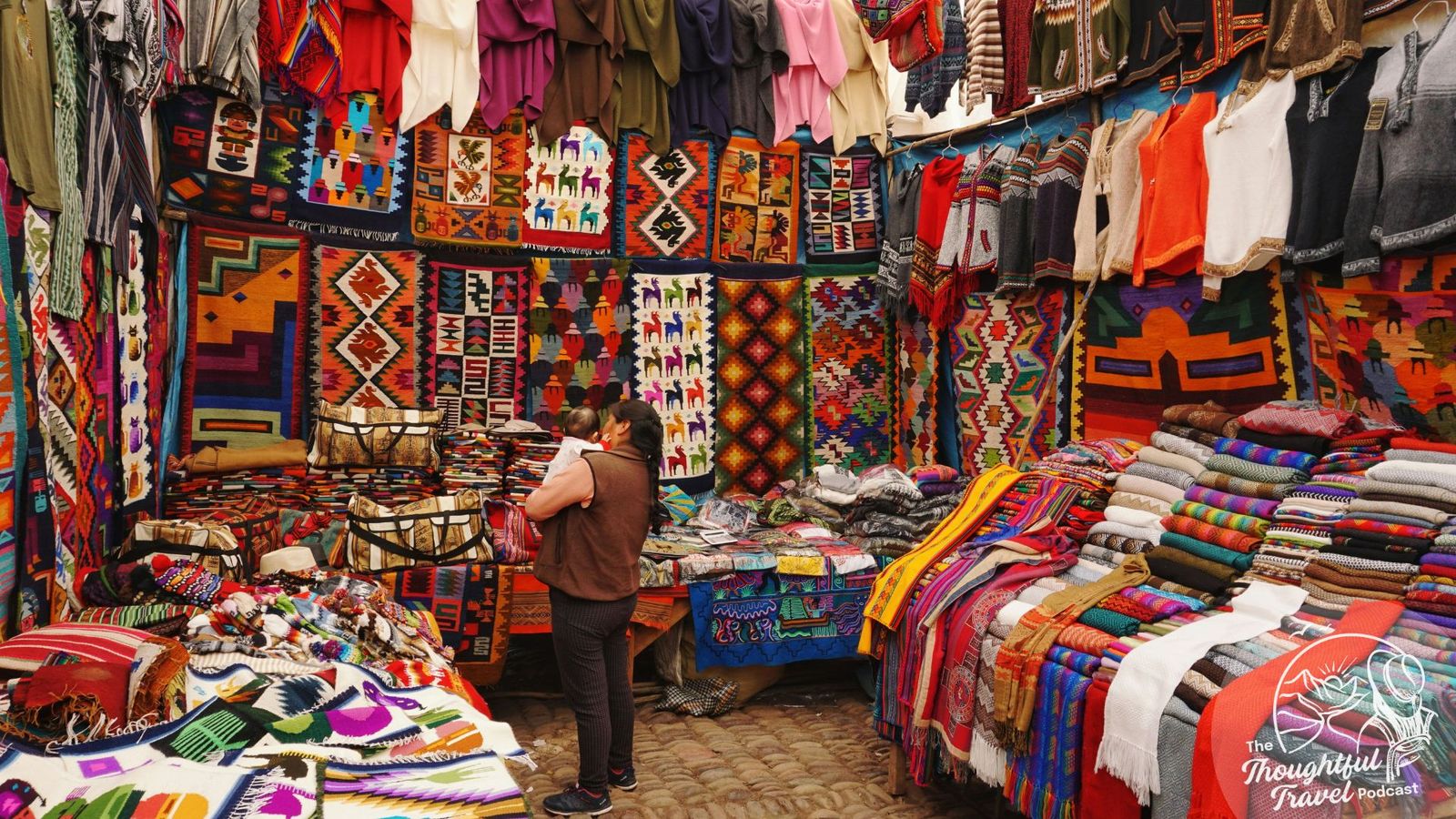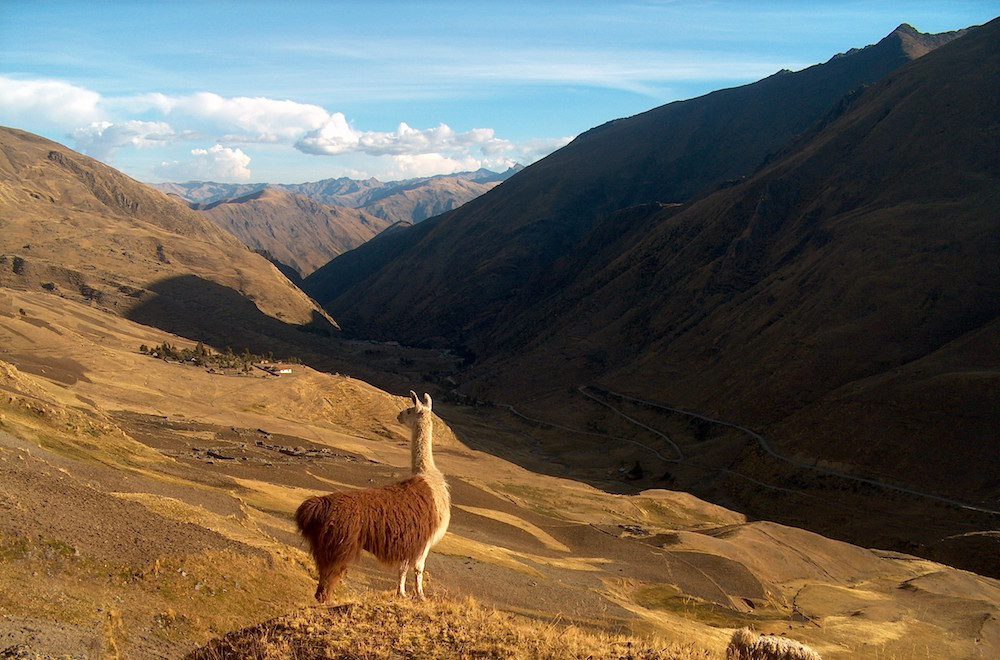The Centre for Good Travel was founded as Good Travel in 2013, by four women from four continents, who were all passionate about the power of tourism to create positive change in the world. Using regenerative principles, we co-design inclusive, small-group trips in collaboration with our local partners in New Zealand, Peru, Thailand, South Africa, Fiji and Iceland and elsewhere.
Our trips are for travellers who seek to support local, indigenous, women-owned, and community-focused businesses and want inspiring deep encounters with locals who are working in harmony with nature.
Our purpose as tourism business is to work with travellers, tourism businesses, and communities to shift their thinking and enable actions that can transform travel so it contributes to the thriving of all people and places.
Transforming the Tourism System
With a lofty vision of transforming the tourism industry for a thriving world, we adopt a living systems approach to help us understand how we interact with, contribute to and rely on different systems within and beyond the tourism ecosystem.
Through adopting a living systems approach to our work and goals as a business, we’re able to discern the unique role The Centre for GOOD Travel has to play in developing a regenerative approach to tourism. Through this lens, we can ask better questions of ourselves and our sector, see where we can collaborate with and support others, and see how our work can have a ripple effect on the ever-larger systems we’re a part of.
As reflected in our systems graphic, we aim to create impact and develop capabilities in three main systems:
Partner Destinations: Within these geographic regions we can add capability to our partners and host communities through our trips.
Tourism Regenerators: We are part of a network of ‘tourism regenerators’ globally and add capability to this network directly through our storytelling and capability-building offerings.
Visitors: We work to add the capability to our ecosystem of travellers through our trips, pledges, and storytelling so that they can contribute positively during their travels and ultimately return benefits to their local communities upon their return home







